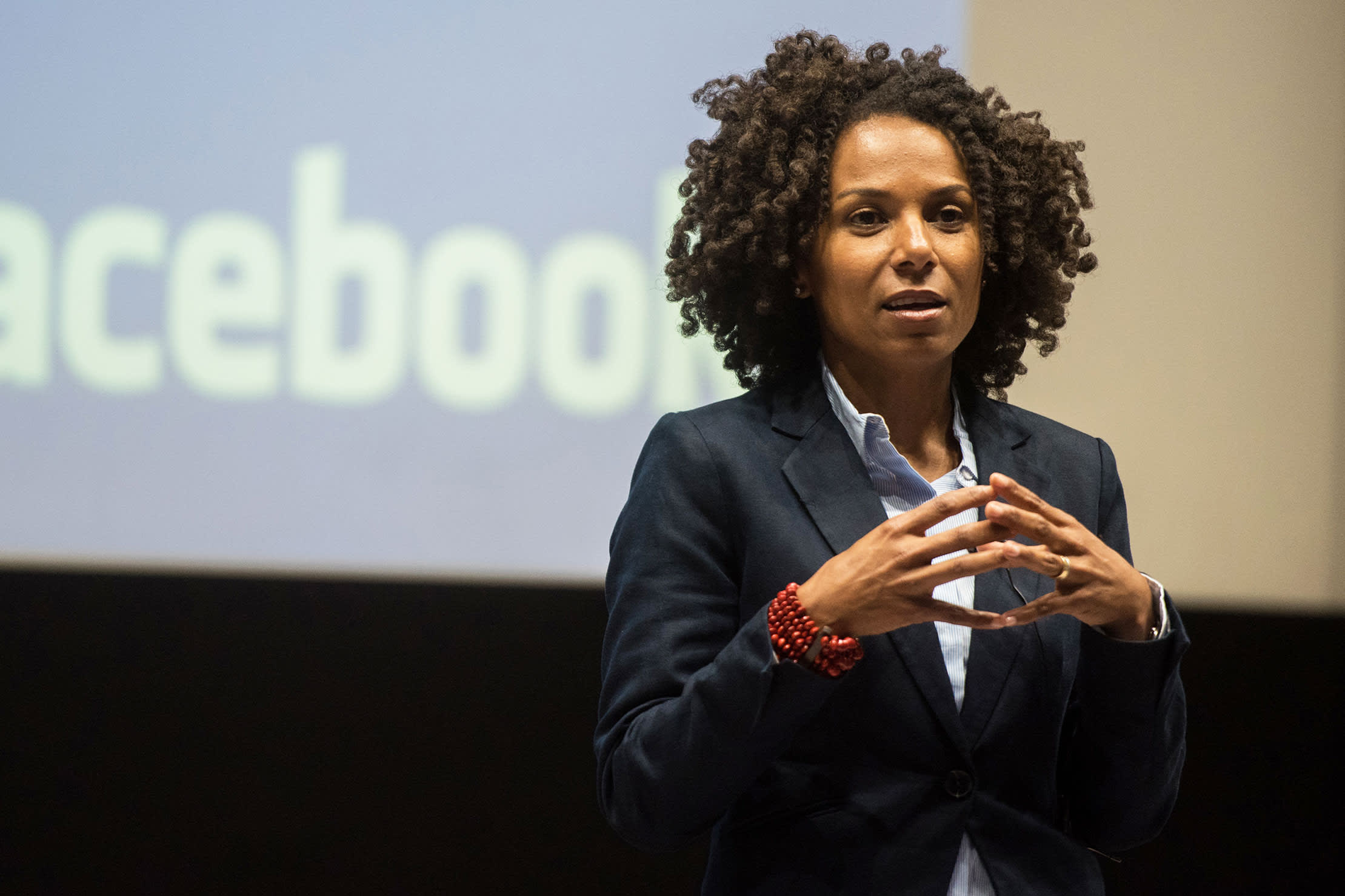Facebook lost three top woman execs this year, but diversity chief explains why that’s not so bad

Maxine Williams, Facebook
Source: U.S. Embassy, London
Facebook chief diversity officer Maxine Williams commented this week on the departures of three key female leaders who left the company in 2021, saying their departures from the social media company are not such a bad thing because they’re moving into high-ranking leadership roles elsewhere.
The women are former head of Facebook app Fidji Simo, who left to become CEO of Instacart this month, Facebook global ads chief Carolyn Everson, who announced her departure in June, and former Facebook Vice President of app commerce Deborah Liu. The latter left the company in February to become CEO of Ancestry.
“We’re sad to see them go, but as we think about the ‘who’ of leadership in the world and in corporations, it’s not such a bad thing that they are able to lead whole companies,” Williams said in an interview with CNBC.
Williams comments came as Facebook released its annual diversity report, which demonstrates incremental progress in its efforts to hire more women and minorities over the past year.
Facebook saw an increase of women in leadership from 34.2% in 2020 to 35.5% in 2021, but its overall representation of women in its workforce fell from 37% in 2020 to 36.7% in 2021.
The company does not break out its retention statistics, but Williams said Simo, Everson and Liu — all of whom were at Facebook for more than 10 years each — demonstrate the company’s ability to retain diverse talent.
“All of those people were people who were retained at Facebook for more than 10 years, which is unusual in a corporate context,” Williams said. “I don’t see us as not retaining. I see us as we have long retention, and the experience of being at Facebook gives people the opportunity to do so many other things. I think it’s really cool that two of those three left to become CEO of something.”
The diversity report also showed small improvements in representation of non-White employees. Black employees at the company increased to 4.4% this year from 3.9% in 2020, while the representation of Black employees in leadership grew to 4.7% from 3.4% over the same period.
The representation of Hispanic employees, meanwhile, ticked up to 6.5% in 2021 from 6.3% a year ago. Hispanic representation in leadership climbed to 5.1% this year from 4.3% in 2020.